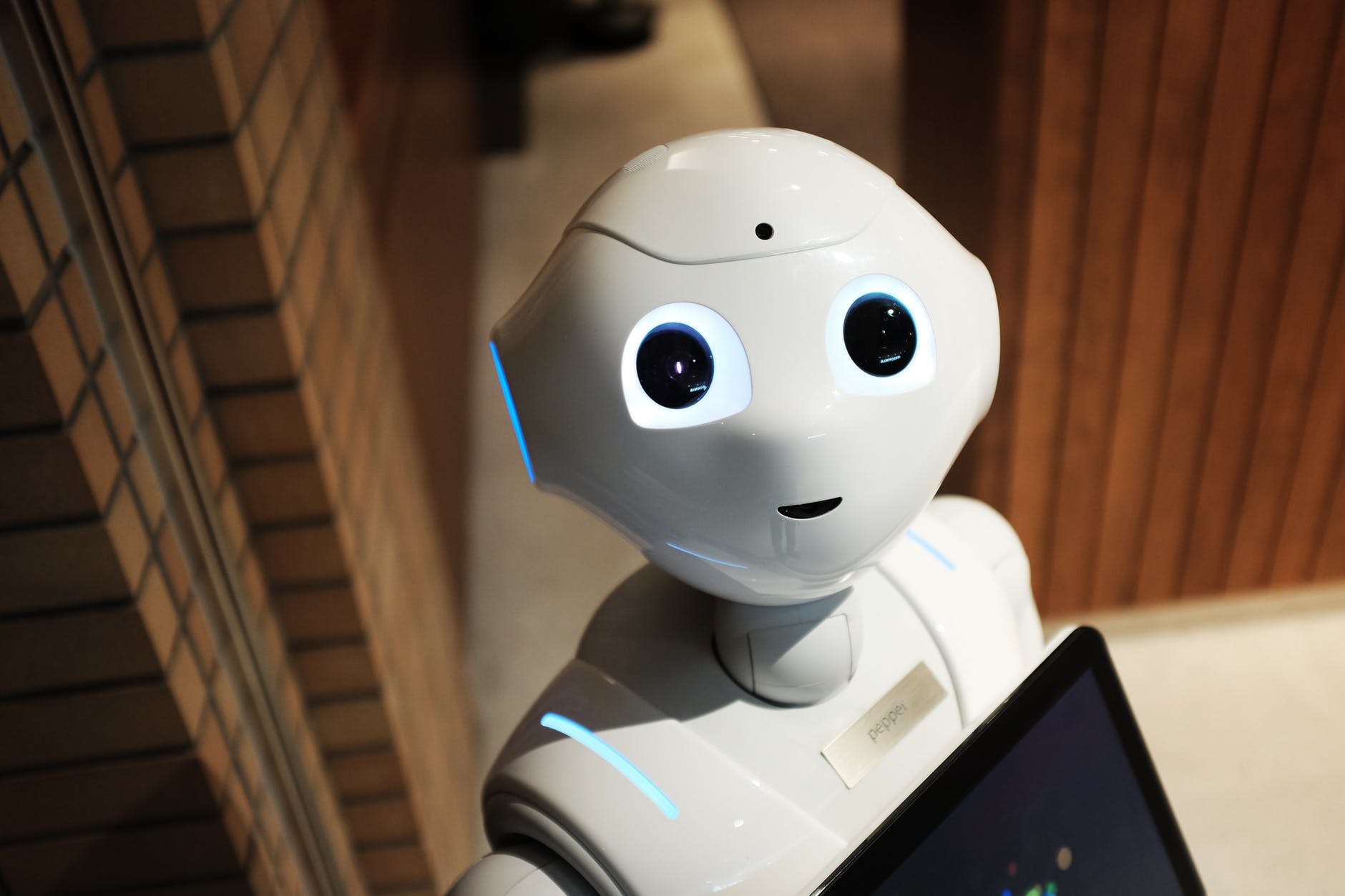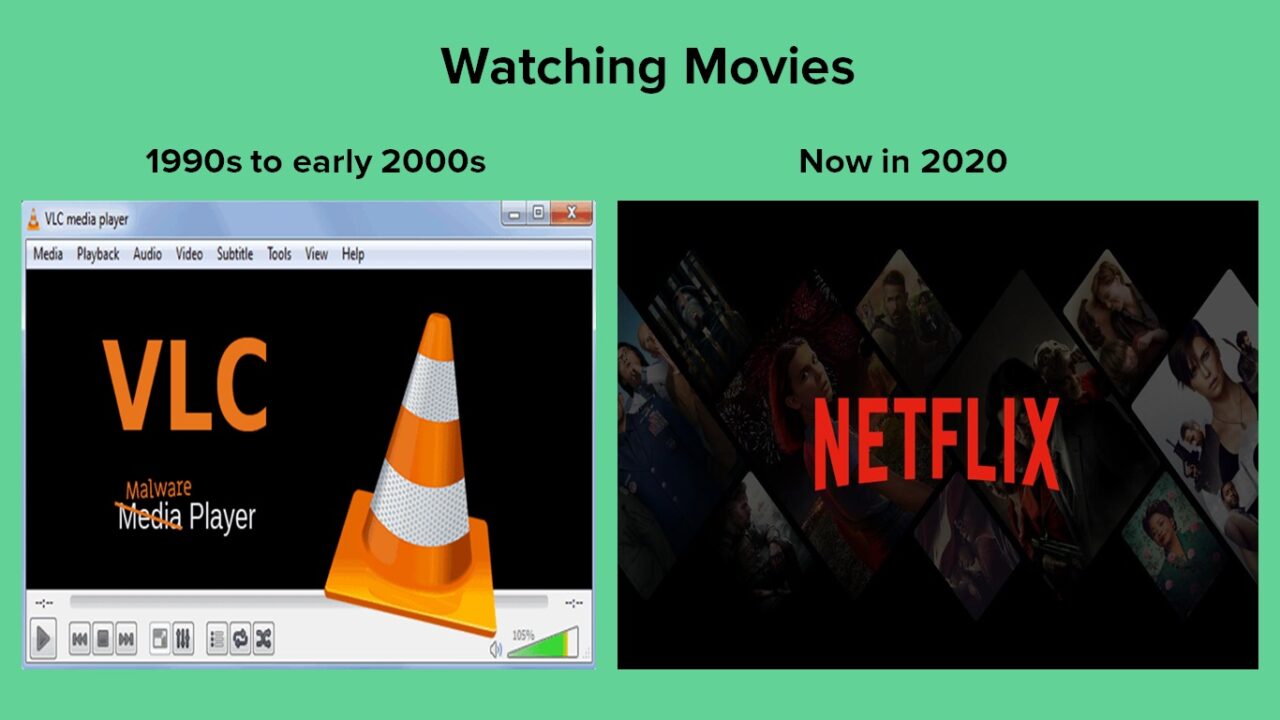Artificial intelligence (AI) is everywhere around us. It is there in the Google search, the Netflix movie suggestion, and even in your cars.
Recently I got interested in the subject and dug a little deeper. Well, that means I read a few articles, watched a few videos, and pondered aimlessly at the ideas and insights I had gathered.
It was fun.
In this article, I would like to share my learning and observations with you on the subject of AI. This blog is my musing on the subject and not an analysis or research on the topic.
Before we explore AI let us understand what it means to be human first.
Humans at the highest level are defined by their “consciousness” which means the power to know or the “knower”. To know the outside world or the “known”, we as a species have developed the 5 senses namely the sense of
- Sight with our eyes
- Hearing with our ears
- Smell with our nose
- Touch with our skin
- Sense of touch
Over millions of years of evolution with the help of these senses, humans have acquired the knowledge and skills which has helped them to survive. This information has been passed over from generation to generation in the form of myths, skills, books, communities, and now the internet.
It is said that “God made Man in His image”. It was but natural for man to build ‘things’ in his image. When Man built computers it was but a slave who did tedious and laborious number crunching and stored information in its memory. Overtime this slave got better at both these tasks which made the Man happy or did it?
Well, the Man by nature is never happy or satisfied. It always wants more. It wanted more out of its slave and was even ready to give up control. It not only wanted its slave to do more of its core job description but also take decisions on his behalf. This thought process leads to the birth of AI built on the foundation of the same two factors which were responsible for its birth, computing, and memory.
Intelligence can be defined as the “ability to acquire and apply knowledge and skills”. Isn’t it ironic that AI has developed on the same pattern as a human mind? A baby has very limited memory at birth and isn’t capable of processing a lot of information but as it grows it keeps getting better at both. It receives an infinite amount of information from its surroundings and over a period of time develops into a fully conscious human being capable of taking decisions by “applying his knowledge and skills” in the process.
Our computers are being designed on the same pattern and are hence expected to behave in the same manner. They are being fed an enormous amount of data collected from various channels and are expected to first make sense out of them (read process) and then find actionable tasks out of them (read apply knowledge and skills).
Let us go back in history a little bit.
If we observe the abilities of our computers since the 1960’s it has exponentially grown as per Moore’s Law. This law states that the number of transistors per silicon chip doubles every year which in turn results in higher computing capacity. The number of transistors has grown from a few thousand to billions of transistors on a chip. With the advent of such phenomenal computing capacity, the real question that stared every techie in the face was “what to do with this high volume of computing capacity?”
It would be wrong to say that the birth of Artificial Intelligence followed the exponential rise in computing capacity. Artificial Intelligence ran parallel to the success of computing growth but now that it is all around us we are more aware of them.
But why do ‘WE’ as humans want computer programs to make decisions for us using their Artificial Intelligence?
To understand this we will have to go back to our history and find some pointers.
Humans were nearly at the bottom of the food chain in physical terms. On land, they were neither the fastest nor the largest animal. They didn’t have large claws or teeth. What they did have was some basic intelligence (read decision making) and power to network through language. They didn’t need stronger limbs to make them run faster because they could design a car with their intelligence. They didn’t need wings to fly so they developed airplanes and rockets. It was soon realized that the Man was limited only by his imagination.
The first moral of the story was Man could build tools and machines to do its bidding. But the story doesn’t end here. We have only reached the stage where Man has developed tools to compensate for its physical limitation. What about its mental limitation?
Information processing and memory are the realms of mental activity in a human being. Man started by outsourcing small and noncritical decision points to computers with encouraging results. Gmail uses Artificial Intelligence to classify an email as spam or not spam. This is a noncritical decision-making process because a failure to make a correct decision will not cause much harm to life and property. Also, the fact that employing humans to decide for billions of emails is impossible. Such applications of Artificial Intelligence were driven more by necessity than by choice.
As with humans, the more skilled a person gets more critical responsibility he starts getting to shoulder. The same happened with AI. Over the last few decades, this has reached to point where Artificial Intelligence is driving our cars and performing our surgeries which are highly critical tasks involving several critical decisions in a short time.
So coming back to the question “why do ‘WE’ as humans want computer programs to make decisions for us using their AI? my answer would be the following 3 reasons.
- Computer programs can process more data in a shorter time thereby giving a better chance of making a correct prediction.
- Computer programs can learn faster than humans as they are connected to a large number of computers and their data. This gives them a phenomenal advantage over humans in terms of networking.
- Computer programs will not come under stress in the face of adversity like a driver of a taxi or a doctor performing surgery may do thereby reducing the chance of making a wrong decision.
Going forward it is but natural to expect that more and more of our daily lives will be influenced by AI than by our intelligence.
Humans have started letting go. Humans have started relying on machines more and more. The implications are deep and far-reaching. This article was written by a human. An AI-enabled content writer may give a more detailed and readable blog on the same subject because it would have the knowledge of the world along with the knowledge of you and who can compete with that?
Let me know what you think of this blog in the comment section and register yourself in my mailing list to get regular updates.



